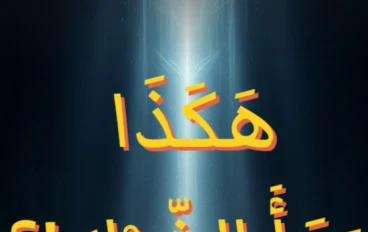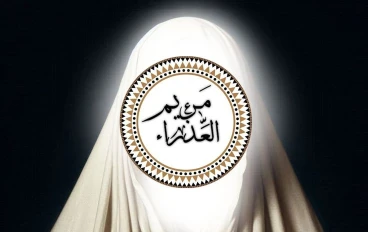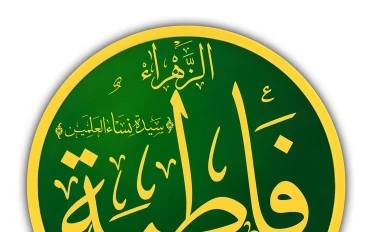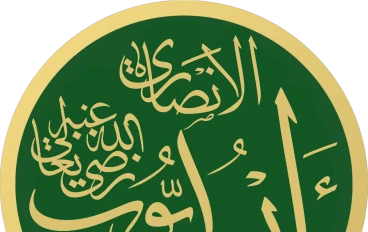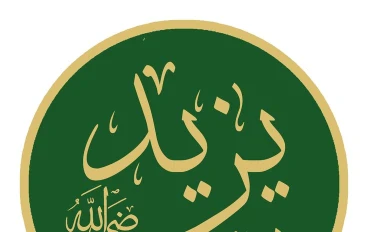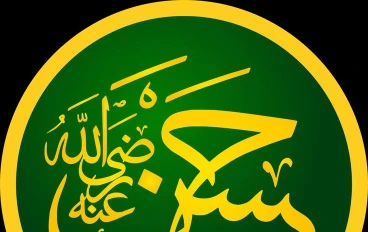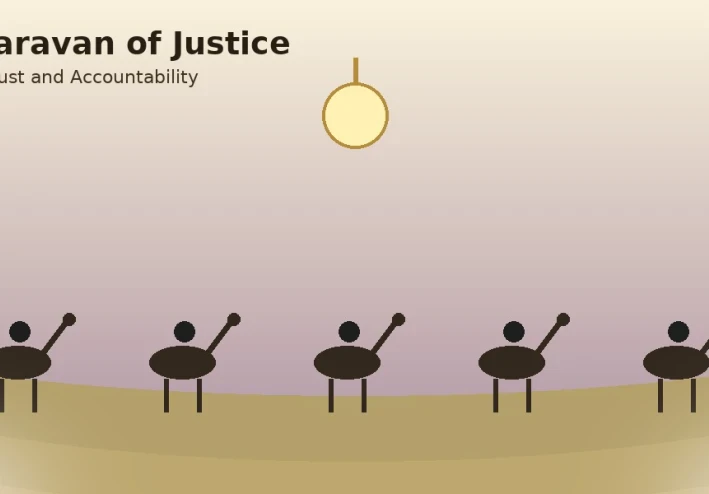
The Caravan of Justice
The Caravan of Justice: A Story of Trust and Renewal
In the heart of the desert, where caravans crossed dunes like lines written in golden ink, there lived a leader named Umar ibn Rashid. Unlike other rulers who found pride in palaces, Umar’s pride was in the simplicity of his tent, where the wind of the desert could pass freely, reminding him that life was fleeting and leadership was temporary. He often said: “Authority is a borrowed garment; it must be returned clean.”
When Umar took charge of his people, he discovered an old problem: roads crumbled soon after being repaired, charity caravans disappeared in the dunes, and officials grew rich while the poor remained in hunger. The nation cried for reform. Umar knew his duty was not only to provide, but to ensure quality and accountability in every action, for Islam had taught him that the believer is a shepherd over his flock, and every shepherd is questioned about his trust.
Thus was born the “Caravan of Justice,” a new presidential initiative unlike anything seen before. Instead of waiting for citizens to complain, Umar sent traveling inspection caravans—teams of scribes, scholars, builders, and common men—into villages, towns, and even nomadic encampments. These caravans were unique: they carried not weapons but scrolls, lanterns, and scales. The scrolls documented every promise, the lanterns illuminated hidden faults, and the scales represented fairness in judgment. No road, well, school, or charity caravan was beyond review.
One inspection brought them to a bridge recently built across a dry wadi. Villagers whispered that it would collapse in the first flood. The inspection caravan tested the stones, questioned workers, and even asked children to run across. It swayed dangerously. The builder, a man of influence, tried to dismiss the findings, but Umar himself arrived on horseback. Standing upon the fragile stones, he declared: “This bridge is not stone, but betrayal, for it carries dishonesty more than men.” The builder was ordered not only to rebuild with his own wealth, but to teach apprentices the proper craft, so that knowledge, too, was repaired.
Another inspection uncovered missing sacks of wheat meant for widows. Instead of punishing only the transporters, Umar held a public majlis where citizens recited the Prophet’s ﷺ words on honesty in trade. The guilty men confessed, not out of fear, but out of shame before their neighbors. They repaid the grain and volunteered to distribute food openly for the next season, watched by the very widows they had once wronged.
The Caravan of Justice soon became a symbol across the desert. Its arrival in a town meant not fear, but hope. Children would run to greet the lanterns; elders would bring their complaints; women would testify about fairness in the marketplace. Officials who once sought secrecy now competed in transparency, for they knew that dishonor uncovered by the caravan would stain their names far more deeply than gold could cleanse.
Most striking of all was Umar’s humility. At year’s end, he ordered the Caravan of Justice to inspect his own administration. The people were shocked—never had a president inspected himself. But Umar smiled: “If I do not stand before my people here, how shall I stand before Allah on the Day of Judgment?” The caravan found minor errors in record keeping. Umar read the report publicly, corrected it, and gave thanks that the faults were discovered in this world and not left for the next.
In time, the desert was transformed. Roads lasted longer, bridges stood firm, and charity reached the hungry. The people’s faith in their leaders was renewed, not because perfection was achieved, but because accountability was made sacred. Umar’s name was remembered, not as a man of wealth or conquest, but as the president who made justice ride on caravans, carrying light into the darkest places.

































